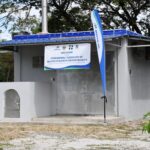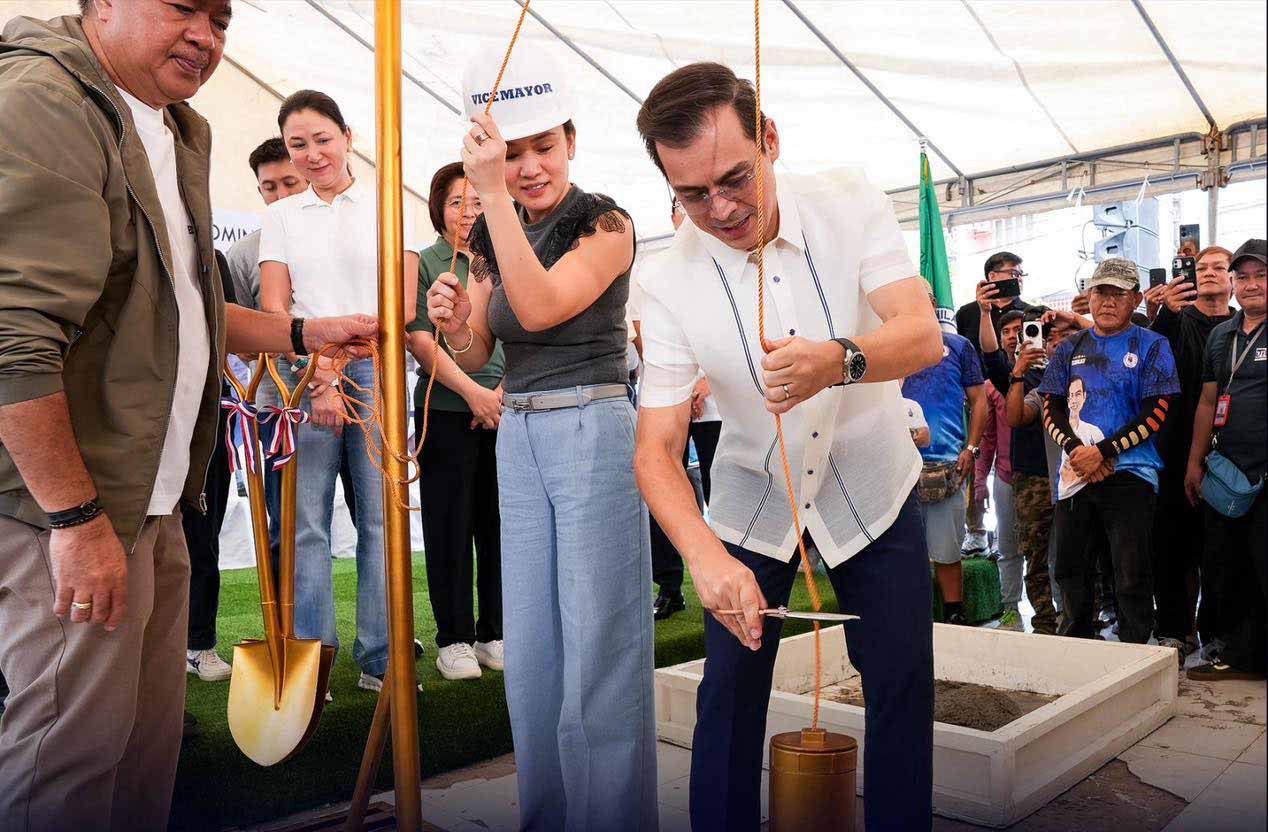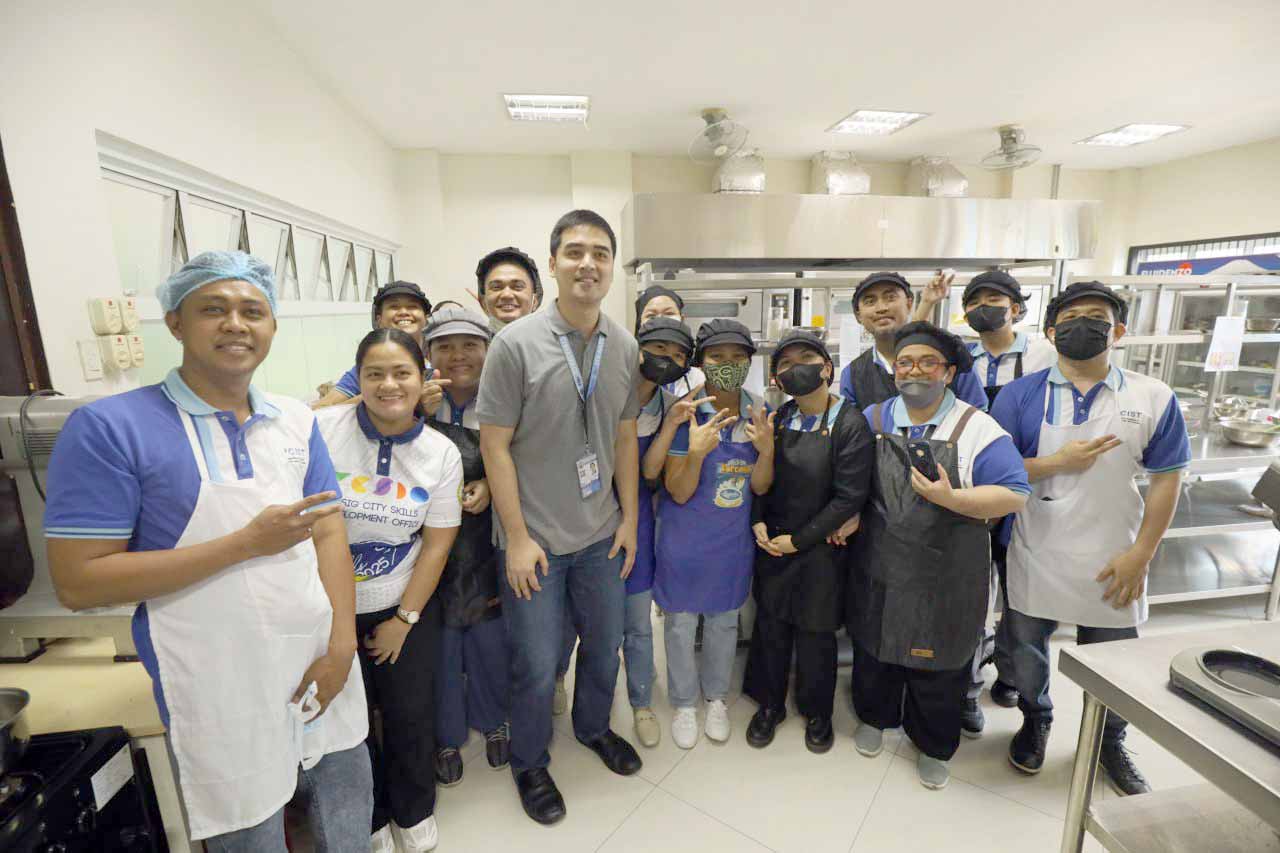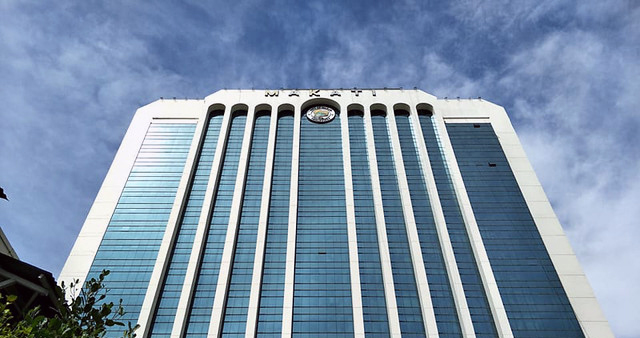MANILA — Families in Metro Manila could face up to eight days without rescue following a devastating earthquake, an official from the Metropolitan Manila Development Authority warned Tuesday.
During the 2024 Dagyaw Open Government and Participatory Governance Town Hall Meeting held at the SM Megatrade Hall of SM Megamall in Mandaluyong City, MMDA Public Safety Division chief Atty. Crisanto C. Saruca, Jr. cited a 2004 study by the Japan International Cooperation Agency (JICA) predicting a “national crisis” if the so-called “Big One” — a powerful earthquake of magnitude 7 or higher — were to strike the densely populated capital region.
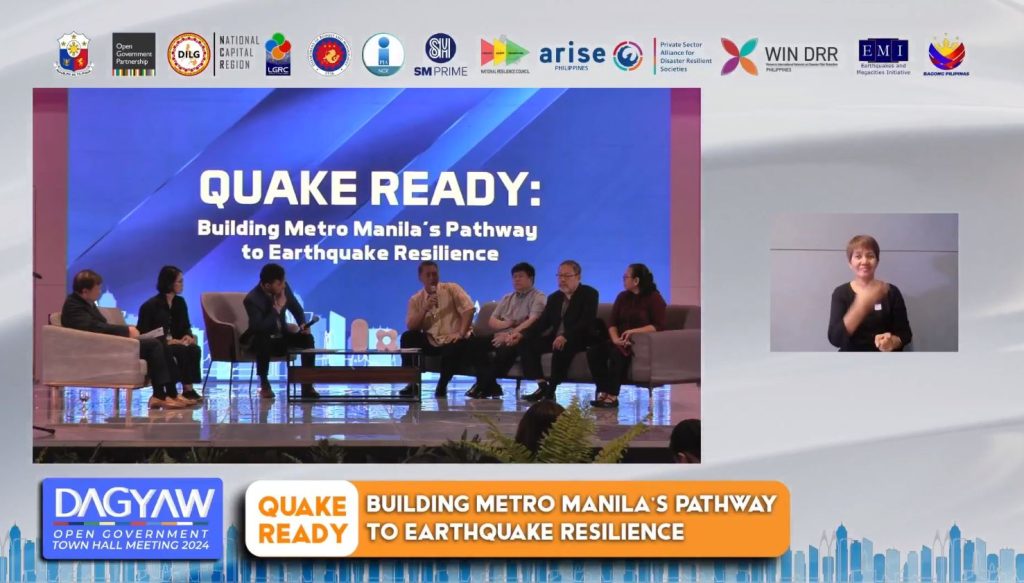
(Photo: Department of the Interior and Local Government-NCR Facebook page)
“We’re preparing for a scenario where people may need to fend for themselves for seven to eight days,” Saruca said, following a question raised in the town hall meeting despite the sensitivity of the topic. “We hope to respond within three days, but families should be ready for a longer wait.”
The study projects potential fatalities exceeding 50,000 and economic losses of at least P2.5 trillion ($44 billion), figures likely higher today given population growth and urban development.
With Metro Manila’s daytime population swelling to 14 million due to workers and students, authorities fear widespread disruption to food, water, shelter, communication, and power supplies.
“Where will we evacuate 3 million affected people? How will we provide basic necessities like portable toilets?” the official added, highlighting the complex challenges facing disaster response efforts.
The MMDA is urging residents to prepare individual, family, and organizational emergency plans, including communication and evacuation strategies.
“In reality, the response from national and local governments may be delayed,” Saruca cautioned. “Everyone needs to be prepared to rely on themselves initially.”
Officials are studying various earthquake response protocols, including Japan’s, noting that even with advanced technology, basic needs remain critical concerns during major disasters.
The MMDA, on the other hand, continues to work with local and national government agencies to improve disaster preparedness, but emphasizes the importance of personal readiness in the face of potential catastrophe. (JCO/PIA-NCR)





